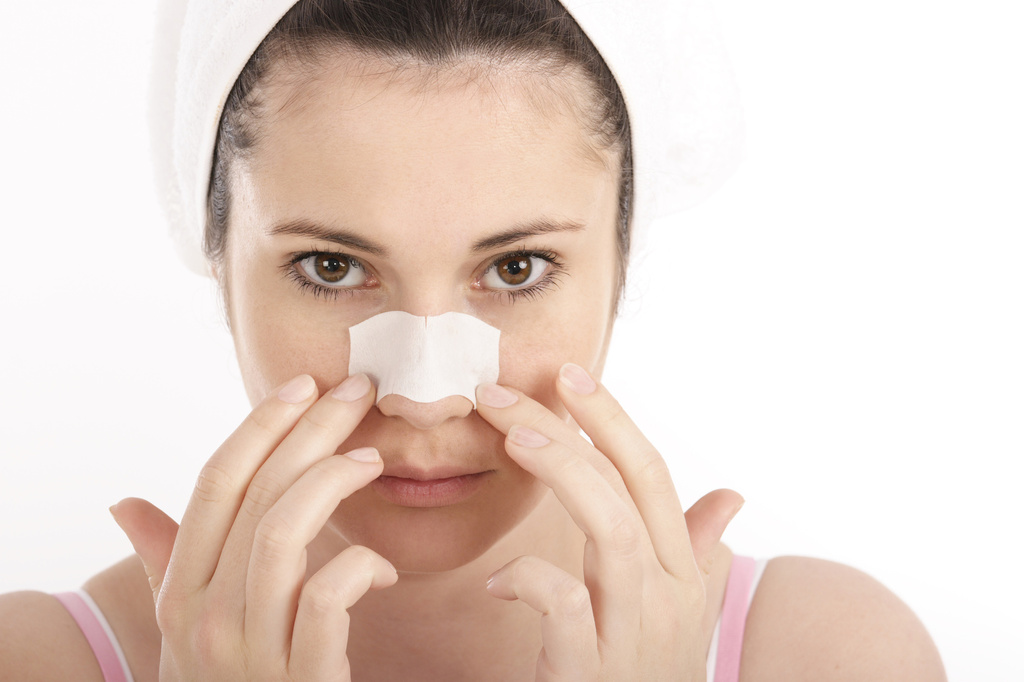How to Treat Hormonal Acne
Posted on: October 3, 2018

The Ins and Outs of Hormonal Acne
Acne is a widespread problem that affects up to 54% of adult women as well as 40% of adult men, not to mention being every teenager's angst. Hormonal
Hormonal acne is typically comprised of blackheads, whiteheads
Treatment for acne is most effective when implemented as soon as the acne becomes evident. Classic treatment has been the use of oral contraceptives to reduce hormonal androgens, but a proper skin care regimen is paramount.
- Wash your face regularly, twice daily with a mild facial cleanser.
- Exfoliate and remove dead skin cells regularly.
- Keep your hands away from your face, limiting contact with dirt and bacteria.
- Don't pop or squeeze.
Instead use a warm compress on the affected area. This will increase circulation and draw the bacteria out. - Hydrate your skin with a moisturizer twice daily after cleansing.
Good skin care is best when directed by a well-trained esthetician found at your local day spa. Through their spa treatment and advice, they can guide you in your choice of products tailored to your needs, as well as instruct you towards more advanced care when necessary. The esthetician may use chemical peels, special acne facials and/or extractions in persistent or challenging cases of acne.
Natural home care should also include the use of topical vitamin E, which is an antioxidant. It increases cell turnover and repair, eliminating dead skin cells which clog pores. Vitamins A and C regenerate skin cells and assist in collagen formation. Nicotinamide is a form of Vitamin B that can be applied topically to reduce inflammation of the skin. Oral forms of these vitamins are available, but best used under the direction of a dermatologist or skin care expert.
Additional home care treatments include tea tree oil (Melaleuca) to reduce inflammation, Alpha Hydroxy Acids which are plant acids that remove dead skin cells, and turmeric which is a natural antiseptic and anti-inflammatory. Orally, probiotics and green tea have demonstrated effectiveness in treating cystic acne.
As always, the best acne care will come at the guidance of your skin care expert. Start at the Day Spa with your esthetician. They will guide you with your home care and offer effective treatment options. Most importantly, they will instruct you to see a dermatologist when necessary.


